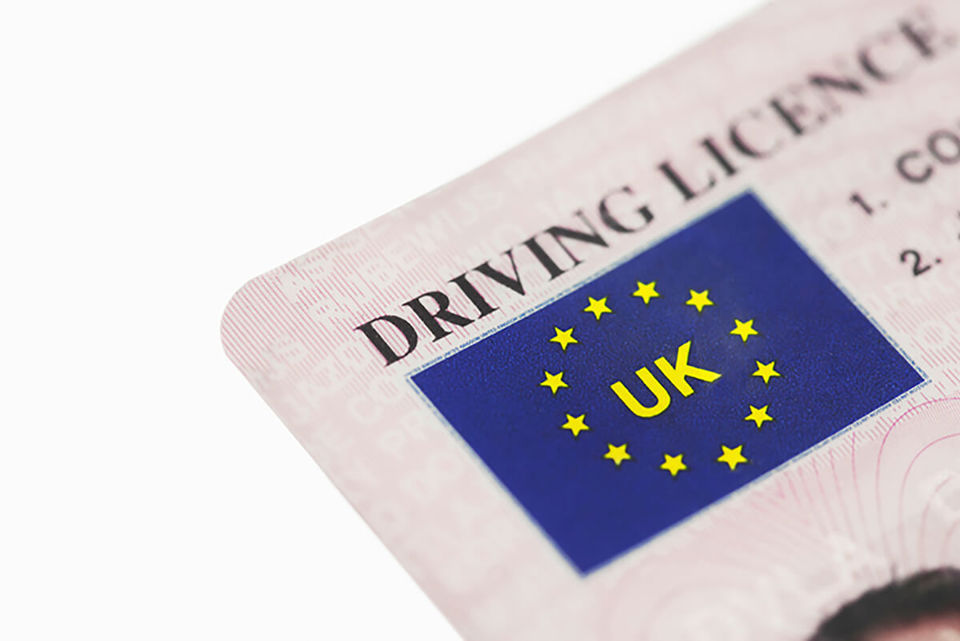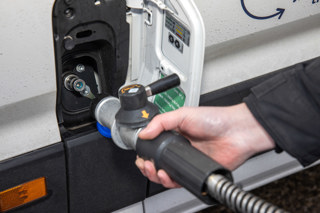A graduated driving licence (GDL) should apply to all new drivers, not just young drivers who have just passed their test.
That’s according to FleetCheck, which says that any inexperienced driver represents a risk.
It also argues that graduated driving licences could help fleets to formalise how they are managed as part of risk strategies.
Peter Golding, FleetCheck’s managing director, says talk around GDLs was very much centred on under-21s. “That’s understandable because road safety statistics show that this is very much an at-risk group,” he added.
“However, our argument is that is all new drivers are inexperienced and represent a risk. If someone doesn’t pass their test until 30, they might not have the same statistical likelihood of being involved in an accident as a 17-year-old, but it would still be arguably irresponsible for them to be immediately allowed to drive a 3.5 tonne van or a powerful car.”
Golding believes that this is especially important in a fleet context, where an employee might be given access to a wider range of vehicles than is likely to happen to a private motorist.
“Of course, some fleets already have rules in place designed to protect new and inexperienced drivers but certainly not all, and there is a strong argument for supporting GDLs,” he said.
The AA, which launched its graduated driver licence policy in October 21, wants drivers under the age of 21 not to be allowed to carry peer-age passengers, for six months after passing their test, with exemptions for parents/carers.
New drivers, it says, should also face six points for not wearing a seatbelt effectively making new drivers lose their licence for this offence under the New Drivers Act.
Furthermore, to aid police enforcement, new drivers under 21 would be required to display a ‘G’ plate (denoting graduate driver) for the first six months after passing their test.
However, Golding argues that older motorists passing their test should not be treated identically to younger ones when it came to all of the ideas being mooted for GDLs.
“One of the AA’s ideas is that under-21s should not be allowed to carry passengers of a similar age,” Golding explained.
“There’s a general acceptance that some people of that age will drive in an irresponsible manner to try and impress their friends, with attendant risks.
“Really, the same arguments are unlikely to apply to older people. In fact, carrying someone of a similar age who is an experienced driver in this scenario is probably a benefit.”
The main task now regarding GDLs, he added, was to ensure a full consultancy was carried out by the Government and that they were implemented into law as soon as possible.
He continued: “A private members bill on GDLs was introduced before the general election by Labour MP Kim Leadbeater and received a good reaction. Now, it would be good to hear from transport secretary Louise Haigh on the government’s plans to move the issue forward.
“The sooner that measures of these type make their way into law and start savings lives, the better, and the sooner that fleets can produce new risk management strategy documents that incorporate the thinking behind GDLs.”























Login to comment
Comments
No comments have been made yet.